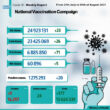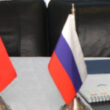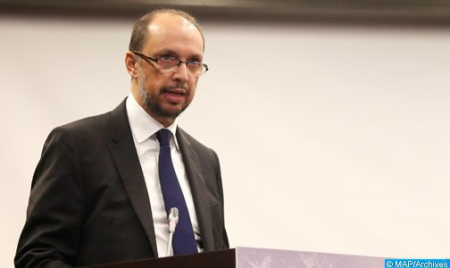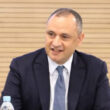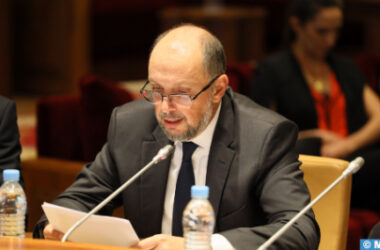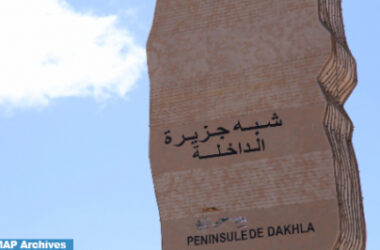Speaking at a “Morocco Now” conference under the theme “China-Morocco: Bridging our economies through trade and investment”, delegate minister in charge of Investment, Convergence and Evaluation of Public Policies, Mohcine Jazouli, highlighted the excellence of relations between Morocco and China, which offers the basis for hoisting bilateral cooperation to higher levels.
“China and Morocco share a deep history, supported by the visionary leadership of His Majesty King Mohammed VI and His Excellency President Xi Jinping,” he said, recalling the conclusion, on the occasion of the visit of His Majesty the King to China in 2016 of a multi-dimensional strategic partnership, propelling the excellent diplomatic relations between the two countries to new horizons.
This initiative has had the effect of paving the way for more Chinese investment in Morocco, noted Jazouli, mentioning in this context, the Cité Mohammed VI Tangier Tech which has the largest industrial zone in Morocco and Africa.
The project is now “a phenomenal success” and several Chinese industrial companies are moving into the city, he said, stressing that Morocco offers the most promising prospects for Chinese companies.
In this field, he cited the vocation of Morocco as a reliable and competitive partner that has many assets including a green energy, considered as the cheapest in the world, highly skilled human resources and rich natural resources.
The extensive network of more than 50 free trade agreements that Morocco has concluded with the most important economic partners positions Morocco to play the role of platform to markets of nearly 2 billion consumers, Jazouli said, who did not fail to highlight the strategic positioning of the Kingdom near Europe and as a privileged gateway to the African continent.
To these assets is added a legal framework that has just been enriched with the adoption of a new package of incentives for investors, he added, noting that significant investment opportunities exist between Morocco and China in the field of automotive industry, especially in the segment of new energy vehicles.
For his part, Ali Seddiki, Director General of the Moroccan Agency for the Development of Investment and Exports (AMDIE), highlighted the advantages that Morocco offers in terms of stability, competitiveness and projection for businesses.
Morocco is a stable country with a vision for its development, he said, emphasizing the strength of Morocco’s macroeconomic fundamentals whose Gross Domestic Product has tripled over the past 20 years.
To strengthen the basis for its economic takeoff, Morocco has worked to strengthen its infrastructure, moving to the forefront of the African scene in terms of modernity and efficiency of these infrastructures, he said, citing in this regard the Tangier Med Port, the first container port in Africa and the Mediterranean.
Morocco has also succeeded in establishing a high-quality ecosystem for its automotive industry, which now has an export turnover of over 10 billion dollars, said the head of AMDIE, who also dwelt on other sectors including textiles and aeronautics.
Participants in this conference also attended a presentation on Casablanca Finance City, now the largest and most promising financial hub in Africa.
The message of this conference, held in Shanghai, China’s leading financial hub, was clear: Morocco is confidently moving forward to strengthen its position as an industrial and financial hub to which Chinese companies must turn to reinforce their projection to vast markets.
Several representatives of Chinese companies present at the conference welcomed the meeting, stressing that the two countries must now give the necessary boost to the strategic partnership they had concluded in 2016.
After Shanghai, Jazouli will travel to Beijing for business meetings with key decision makers in the Chinese economy. He will also hold high-level bilateral meetings with officials in the country.



